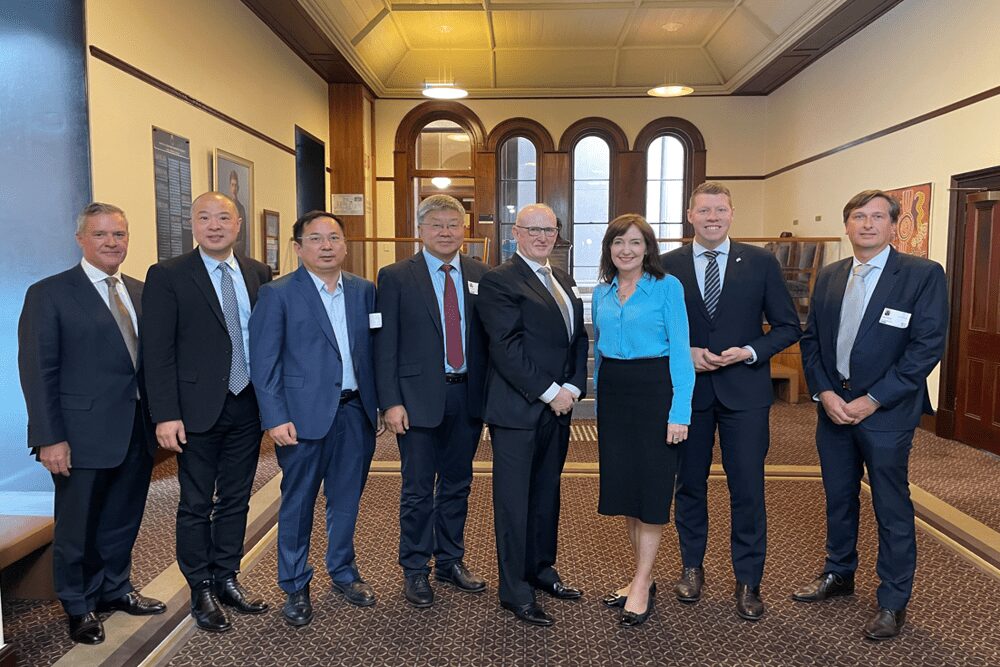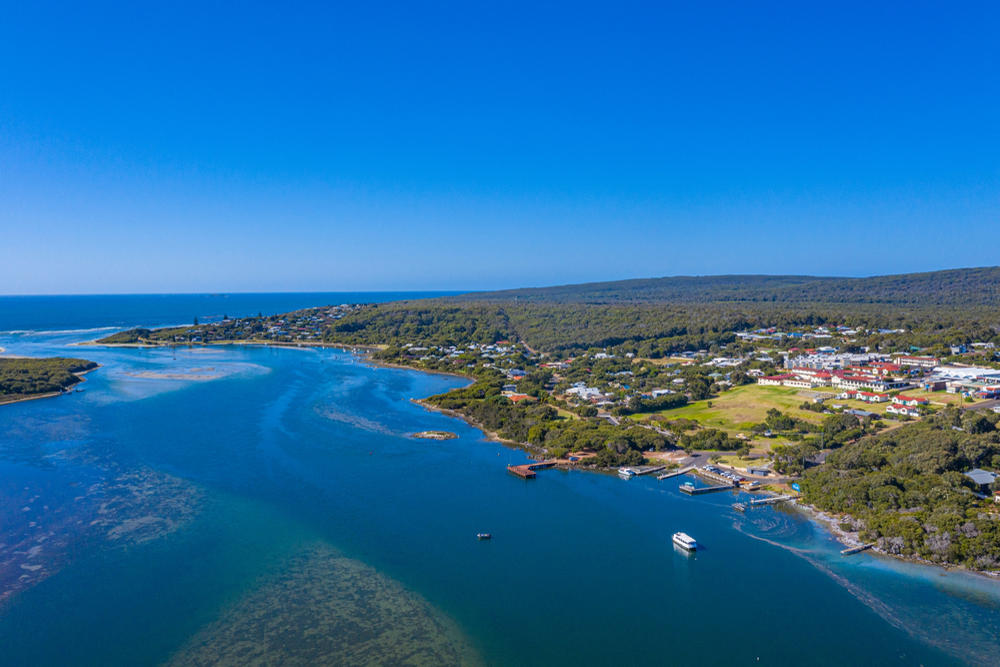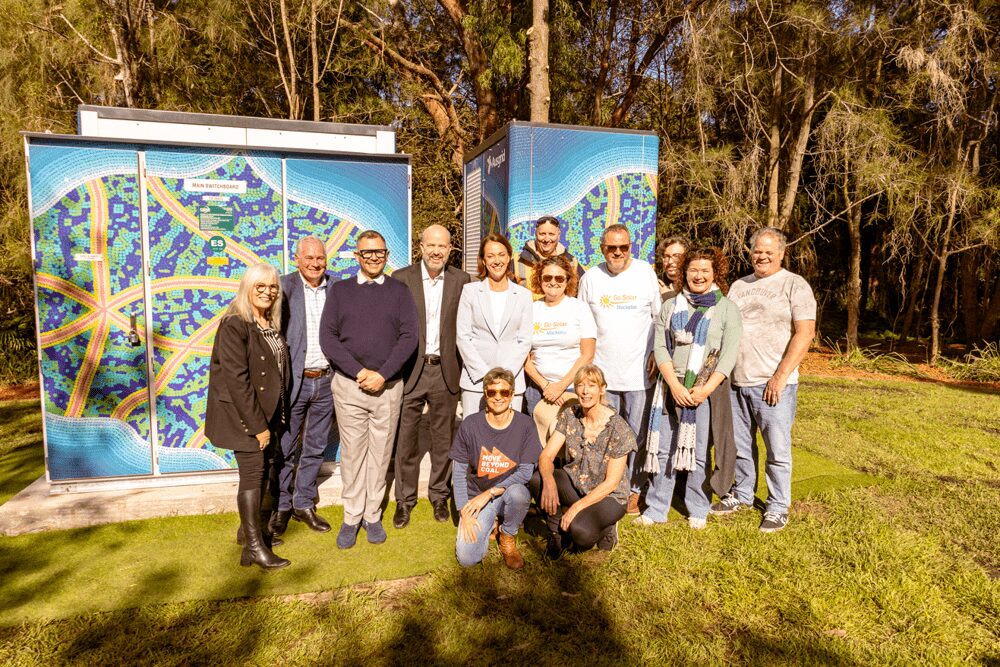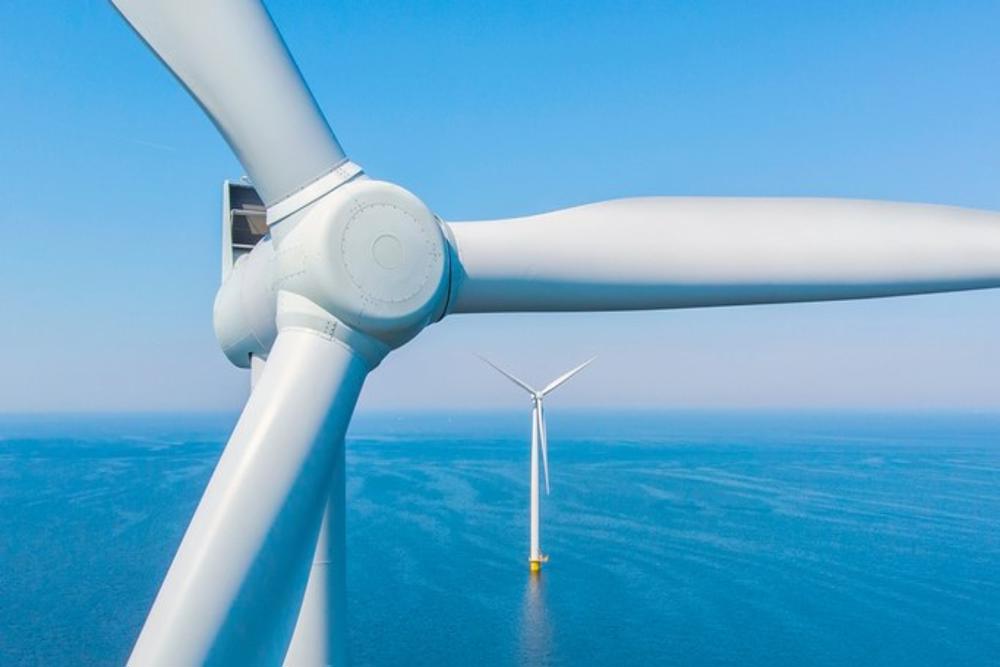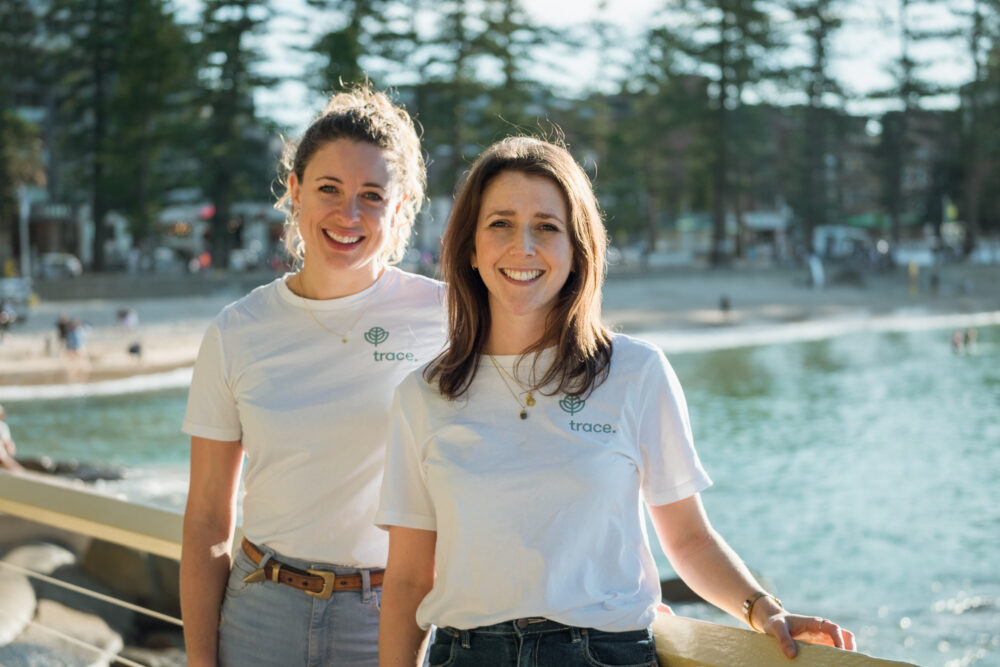
Australian carbon tech company, trace, one year on from launch, is working with leading local enterprises – Deloitte, Lendlease, activist beverage brand Sparkke, and tech innovator companies WISR and Linktree – to rapidly mobilise their strategy to become carbon-neutral by measuring, reducing and offsetting their carbon emissions in the race to net-zero.
In the gap left by lack of political will and inaction from the Australian Government, businesses large and small are urgently showing leadership with eco-entrepreneurs scaling to meet the demand, but some with a deeper mission.
Catherine Long, CEO/Co-Founder of trace, said: “The mission to go out of business is to keep us, the companies we work with, and individuals we offset with, truly accountable.”
“Some see carbon offsetting as a ‘get out of jail free card’, but we believe the opposite – offsets act like a tax to motivate businesses to reduce their emissions. If at every stage we ask; how can we work together or work on this to never need it again, we’re working towards a bigger vision and a much better outcome for the planet.”
“The pathway starts with understanding how much carbon you are creating, looking to reduce it, then finally offsetting. We are working towards a goal of making offsetting the last and easiest step, and hopefully in the future, the smallest action in the pathway to net-zero,” Long said.
To date, post raising $420,000 in seed one investment (via Antler) and with the ambition to raise another $1 million this year, trace has measured the footprint of 8,000 individuals, planted over 42,000 trees and offset over 7,200 tonnes of carbon, the equivalent of 44,000 flights from Sydney to Melbourne.
Along with a mission to make the business of offsetting redundant, trace also looks to what kind of businesses they go into business with.
Joanna Auburn, Chief Product Officer and Co-Founder from trace, commented: “We’d like to see businesses standing firm on how they will carbon offset and with whom, if we are going to see this be a great green wave and not a great green washout.”
Auburn explains this reflection comes from seeing a lot of behaviour to just want to ‘offset and forget’, “Offsetting is a simple, easy and immediate action to make, but there is devil in the detail in how you go about it, and if we want to create real change from the business sector, we need to be honest about the imperfections in what we do and strive for progress.”
This warning comes with mounting observations from other sector leaders that the race to zero is not without strategic and operational landmines.
Dr Lili Sussman, Chief Strategy Officer from WISR, shared: “It was really important to us that in our business, and with our employees, that carbon offsetting wasn’t a box-ticking exercise. We wanted to genuinely engage our people, and unlock curiosity, passion and real change, which has to come from within and not top-down.”
“We did not just want to offset our footprint, we wanted to reduce our footprint too. We learned where we needed to do work on carbon reduction, and where other parts of our business needed to pick up some speed, particularly on waste reduction. The solution is tied to employee engagement and workplace culture.”
“The most unusual and welcome outcome of this process is that it has brought joy into our company. I never thought we’d be saying that – the joy of carbon! People are feeling good because they know they’re doing the right thing and that feels really good,” said Sussman.
Individuals are also getting into carbon action
Not letting the work be left up to businesses, Auburn notes that a growing trend in carbon offsetting is from individuals wanting to manage their own personal footprint.
“This is at the heart of why we created trace, helping climate-conscious individuals to offset their personal footprint. We know with the rising awareness of the issues surrounding climate change that the appetite for personal action is also growing. People want to know they can do their bit to reduce their impact – reusable coffee cups and ‘Meat-free Mondays’ are one part – but for the rest, they can offset, all in under five minutes. We expect to see this demand continue to grow which is why we need businesses to meet the consumers halfway too,” she said.
Looking to the future, Auburn believes a big watch out area in carbon offsetting is on quality.
“Carbon offsets are unfortunately gaining a bit of a bad reputation due to mismanagement and misregulation. However, if you choose externally verified projects from responsible and credible project managers, you can guarantee that for every tonne of carbon that you want to offset, it has been avoided or reduced. Those on the front line of carbon offsetting in their business should look to only invest in projects that are externally verified, have genuine additionality and work to achieve broader sustainable development goals.”
Auburn expects that over the next decade there will be a strong role for carbon offsetting and notes that Australia is uniquely placed globally to see carbon farming right up there with other major agri-farming contributors to the economy.
“With or without policy or funding mechanisms, consumers are moving, businesses are moving, and it’s going to create a great green wave for this country,” concludes Long.
Australian businesses of all sizes – plus individuals – can learn about measuring, offsetting and reducing their emissions at www.our-trace.com








